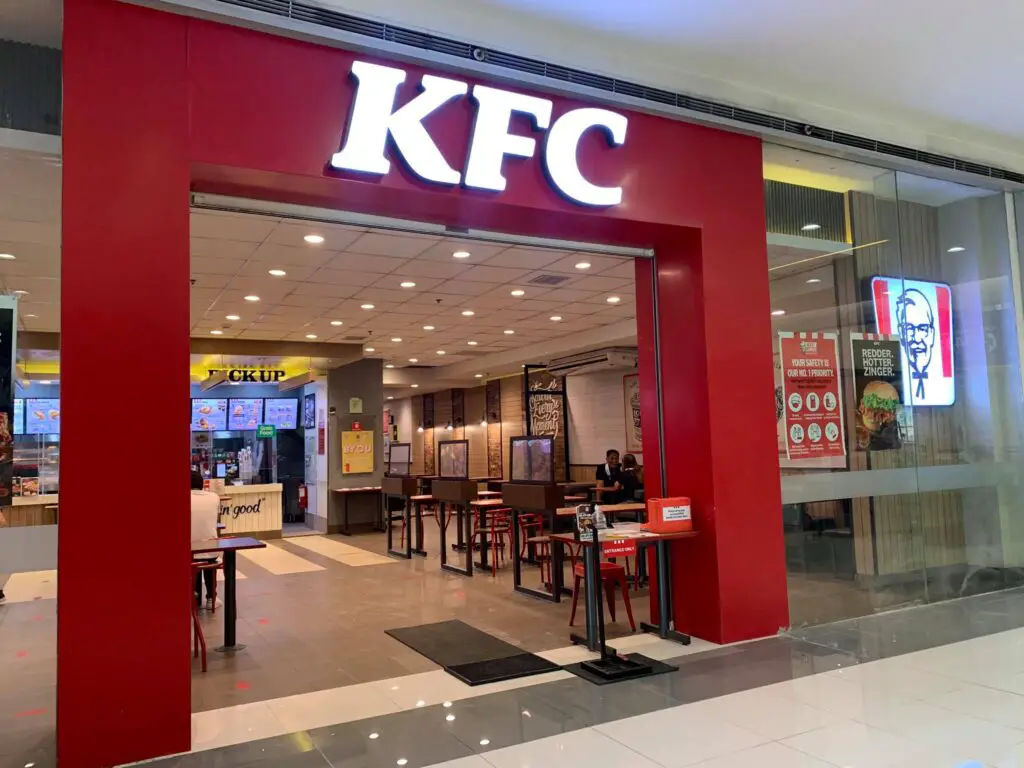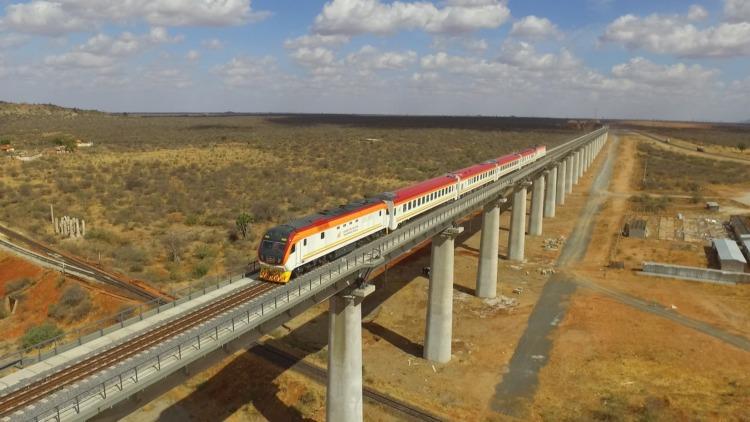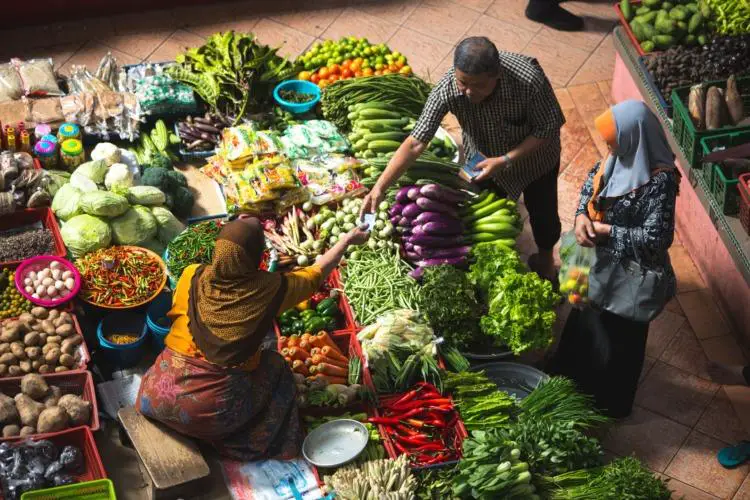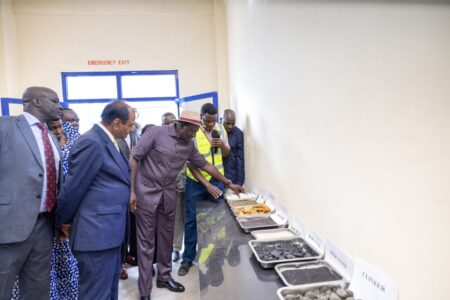- Kentucky Fried Chicken, alias KFC, has suffered a potato shortage at its outlets in Kenya
- The company said there had been delays in the delivery of potatoes from its overseas suppliers, forcing the company to put alternative food items on the menu in place of the French fries
- These sentiments from the CEO on his reluctance to buy local potatoes got Kenyans angry
Fast-food restaurant chain Kentucky Fried Chicken, alias KFC, has suffered a potato shortage at its outlets in Kenya. There have been delays in the delivery of potatoes from its overseas suppliers, forcing the company to put alternative food items on the menu in place of the French fries.
The chief executive of KFC in East Africa, Jacques Theunissen, told Business Daily on January 3 that the shortage of fries, locally known as chips, has been caused by a mishap in the global supply of potatoes.
Jacques said that the delays in shipping were because of hitches caused by the COVID-19 pandemic, which has been more than a month now.
“We are working hard to restore as the first containers are arriving in the port tomorrow (January 4),” he said.
The shortage has forced KFC to close 750 of its 900 United Kingdom outlets.
On grounds of global quality standards, KFC, the second-largest restaurant chain in the world after McDonald’s, and a subsidiary of Kuku Foods East Africa, does not source potatoes from the Kenyan market.
The fast-food firm added it required approval procedures to allow produce from local farmers to step in and neutralize the shortage.
“The reason we cannot buy local at the moment is that all suppliers need to go through the global QA approval process,” Jacques said. “We cannot bypass that even if we run out to ensure that our food is safe for consumption by our customers.”
These sentiments from the CEO on his reluctance to buy local potatoes got Kenyans angry.
“As the county with the highest production of potatoes in the country, we find the statement insensitive to farmers who have put every effort into producing quality potatoes,” Francis Kimemia, the governor of Nyandarua, said.
KFC creates business opportunity for local poultry farmers
Some of them took to Twitter, where the hashtag # BoycottKFC was trending at number one for most of January 4 and 5. The citizens claimed they felt used and betrayed.
KFC has been operating in Kenya since 2011. One angry tweep wrote: “If they cannot train potato farmers in Kenya on quality assurance, value addition, and international requirements to support our farmers, then they have no legal or moral authority to open their business in Kenya,” one angry tweep wrote.
“Import potatoes and import customers too,” another one commented.
Kenyan citizens were complaining, from media stations to social media. KFC succumbed to the pressure from Kenyan citizens. The CEO said that Kenyan farmers could supply the company’s potatoes for French fries if they met the company’s standards and regulations.
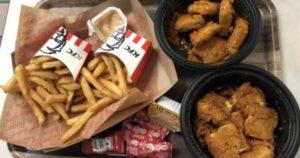
They, however, did not outline the global quality and safety standards a potential supplier in Kenya should meet.
Wachira Kaguongo, CEO of the National Potato Council of Kenya (NPCK), said that the company should consider creating a synergy with local suppliers to agree on sourcing potatoes from Kenya.
“KFC should introduce the varieties they want in Kenya so that farmers can buy and grow them for their sippy,” he said.
Kaguongo was happy that KFC had eased their stand on local support potatoes from Kenyan farmers and that they did not mind meeting the standards, having lobbied to supply the firm for a while now.
He added that potato production in Kenya will hit approximately 2.5 metric tonnes in 2021. He called for the prioritization of the crop as it is highly productive because it can be harvested twice a year.
The firm is denying local farmers, who experience heavy losses during the harvest season as their produce goes to waste, a chance to reap from KFC’s lucrative potato supply.
It is unclear why the company has taken over 10 years to vet supply from local farmers or support them to meet their standards like it has been done by other multinationals.
KFC said that customers will be forced to switch to items such as chicken, ugali, soda, coleslaw, and buns for combo meals during the period that French fries will not be available at its outlets in Kenya.
The firm is struggling with a shortage of fries when Kenya is experiencing global preference from food outlets such as Subway and ice cream seller Cold Stone Creamery.
According to a study by McKinsey, a global business advisory firm, fast food popularity in Kenya has been fueled by increased household incomes, Nairobi’s hosting of multinational organizations’ events, rapid economic growth, and a youth-dominated population.
KFC has been reaping substantial revenues through the delivery services they offer. In November 2018, the company made 30,000 food deliveries in Kenya, accounting for 60% of all deliveries made in the East African region.
It started operations in Kenya in 2011. It has 35 outlets in East Africa. There are, however, over 24,000 KFC outlets in over 145 countries around the world.
Potato has become the second most important food crop after maize, both commercially and diversifying and promoting the African diet. It is grown by about 800,000 small-scale farmers and generates employment for over 2.5 million people along the value chain.
Every year, potato farming is estimated to contribute more than Sh50 billion ($44 million) to the Kenyan economy.
Under ideal conditions, Kenya has the potential to produce 8 to ten million tonnes of potatoes every year. According to NCPK, 70 per cent of Kenya’s cultivable land is suitable for potato production.
Scotland producers target Sh6 billion Kenyan seed potato market in deal





